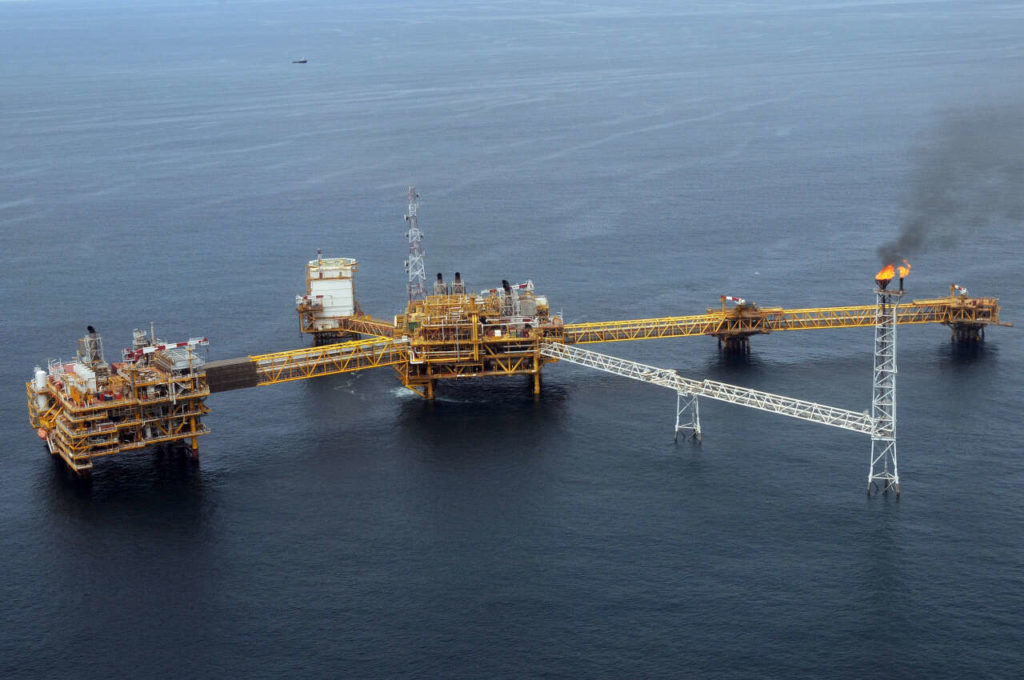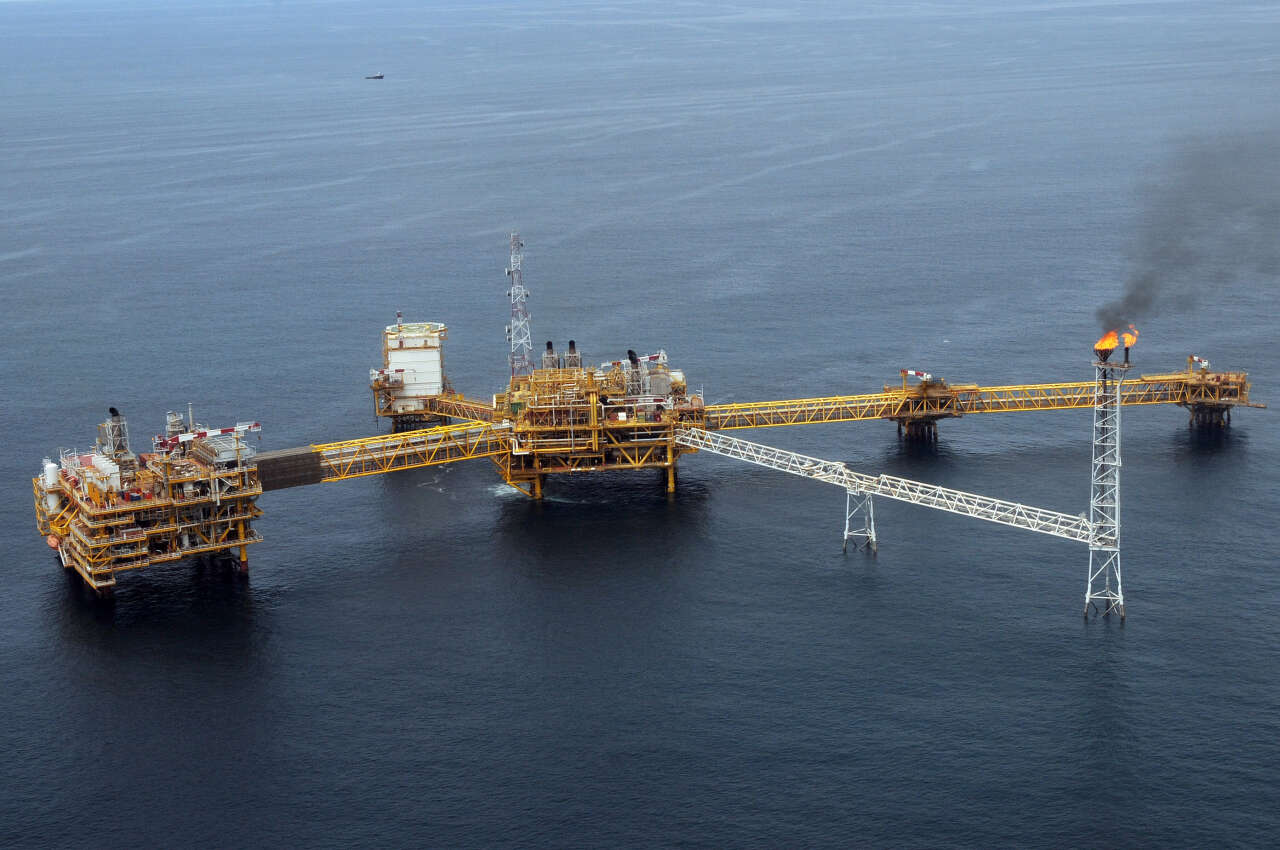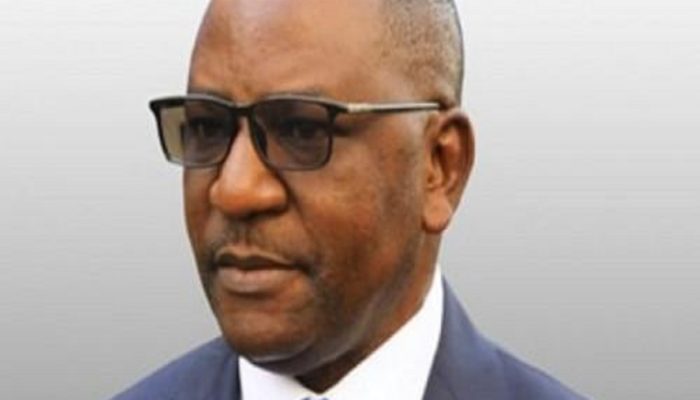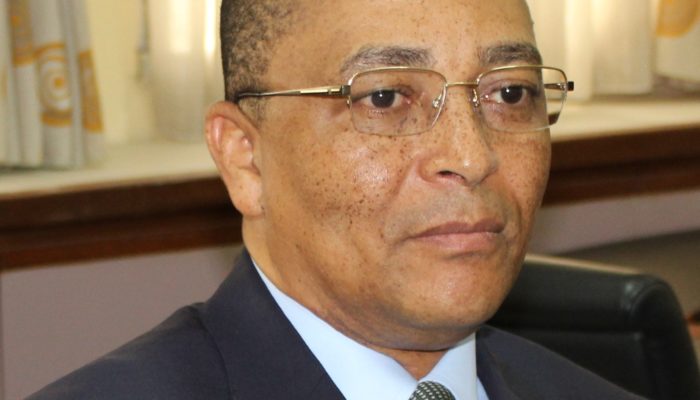In the first half of 2024, Cameroon is expected to see a significant drop in its oil revenues, threatening the government’s target of 801 billion FCFA for the year. Factors behind this underperformance include falling global prices and declining production.
Cameroon is facing a worrying decline in its oil and gas revenues in the first half of 2024, raising concerns about achieving the targets set by the government. The National Hydrocarbons Company (SNH) announced that, between January and June 2024, hydrocarbon sales brought in 256 billion FCFA to the public treasury, a sharp decrease compared to 351 billion for the same period in 2023. This drop of 95 billion FCFA is mainly explained by the fall in prices on world markets, as well as a decline in production.

During this semester, Cameroon produced 11.104 million barrels of oil, with a marketed volume of 6.1 million barrels. In terms of gas, production reached 42,491.63 million BTU, of which 8.512 million MMBTU were exported. In comparison, during the same period in 2023, the country produced 11.9 million barrels of oil, with 7.01 million barrels sold. Gas production then stood at 48,527.33 million cubic feet.
This underperformance could seriously compromise the target of 801 billion FCFA in oil revenues for the year 2024, with only 33% of the forecasts achieved at the mid-term. Several factors explain this delicate situation, including the exploitation of aging deposits, a drop in investments, and above all, the continued fall in hydrocarbon prices. Since March 2023, the barrel of oil has been on a downward trend, recently reaching a level below 70 dollars for the first time since December 2021. Brent, the global benchmark, was trading at 68.95 dollars, while West Texas Intermediate (WTI) fell to 65.58 dollars, its lowest since May 2023.
As upstream operations in the oil sector struggle to recover, there are also concerns about the management of downstream activities. The International Monetary Fund (IMF) has raised numerous warnings about subsidies for refined petroleum products, which represent a heavy burden on the state budget. In his address to the nation on December 31, 2023, President Paul Biya revealed that fuel subsidies had cost the country 640 billion FCFA in 2023, compared to 1,000 billion in 2022, a reduction of 350 billion, equivalent to 35%.
Faced with this situation, Cameroon must now consider deep reforms to redress its oil sector and guarantee the stability of its public revenues.






